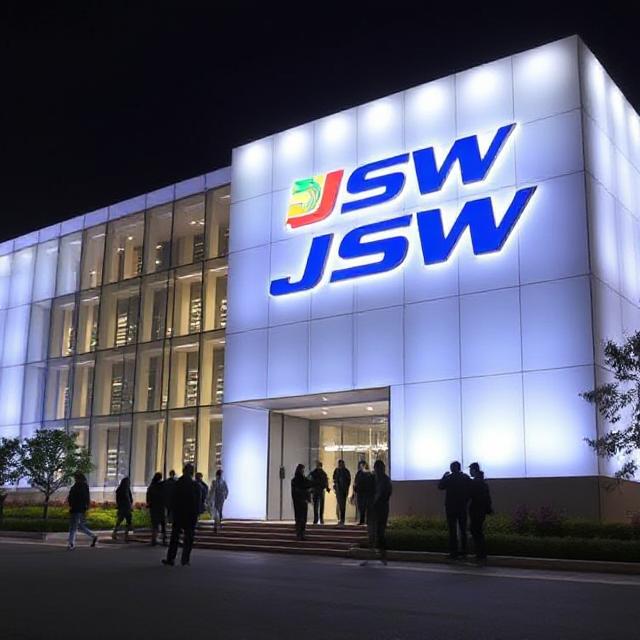The JSW Group has evolved far beyond its steelmaking roots, transforming into a powerhouse conglomerate with diversified investments across multiple sectors. Spearheaded by its flagship steel business, the group now firmly spans energy, infrastructure, cement, paints, automotive, mining, B2B commerce, and even consumer furniture.
In steel, JSW remains one of India’s largest producers, while its infrastructure arm encompasses ports, terminals, and logistics services, managing over 10 major facilities with combined handling capacity expected to reach 300 MTPA. This vertical integration amplifies its logistics capabilities across markets.
Energy is another pillar: JSW Energy commands significant power generation assets, including one of India’s largest hydro operations and pioneering green hydrogen initiatives aimed at powering sustainable steel production. Cement operations complement this ecosystem—recycling steel slag into eco‑friendly cement and driving decarbonisation strategies while binding its construction‑related businesses.
Automobiles and mining mark recent bold bets. Through JSW MG Motor India, the group is moving toward becoming a leading light electric vehicle maker. Concurrently, it has committed to copper smelting and mining ventures, including a major smelter in Odisha and copper mines in Jharkhand, underscoring its push into critical metals essential for clean energy transitions.
The paint business received a boost via acquisition of Akzo Nobel India’s Dulux brand, bolstering JSW’s portfolio in building materials and leveraging cross‑industry synergies. Meanwhile, JSW One Platforms—a B2B digital platform—has achieved unicorn status, further diversifying the group’s digital footprint.
Beyond industrial might, JSW also nurtures a consumer-facing footprint—launching a furniture brand that taps into retail distribution synergies tied to its building materials businesses.
Guided by a long-term investment plan pegged at up to $70 billion over six years, JSW aims to cement its leadership across its ecosystem, fostering industrial self‑reliance while aligning with sustainability goals. Its integrated model—from extraction to manufacturing to end-user services—positions the group uniquely in India’s development narrative.





